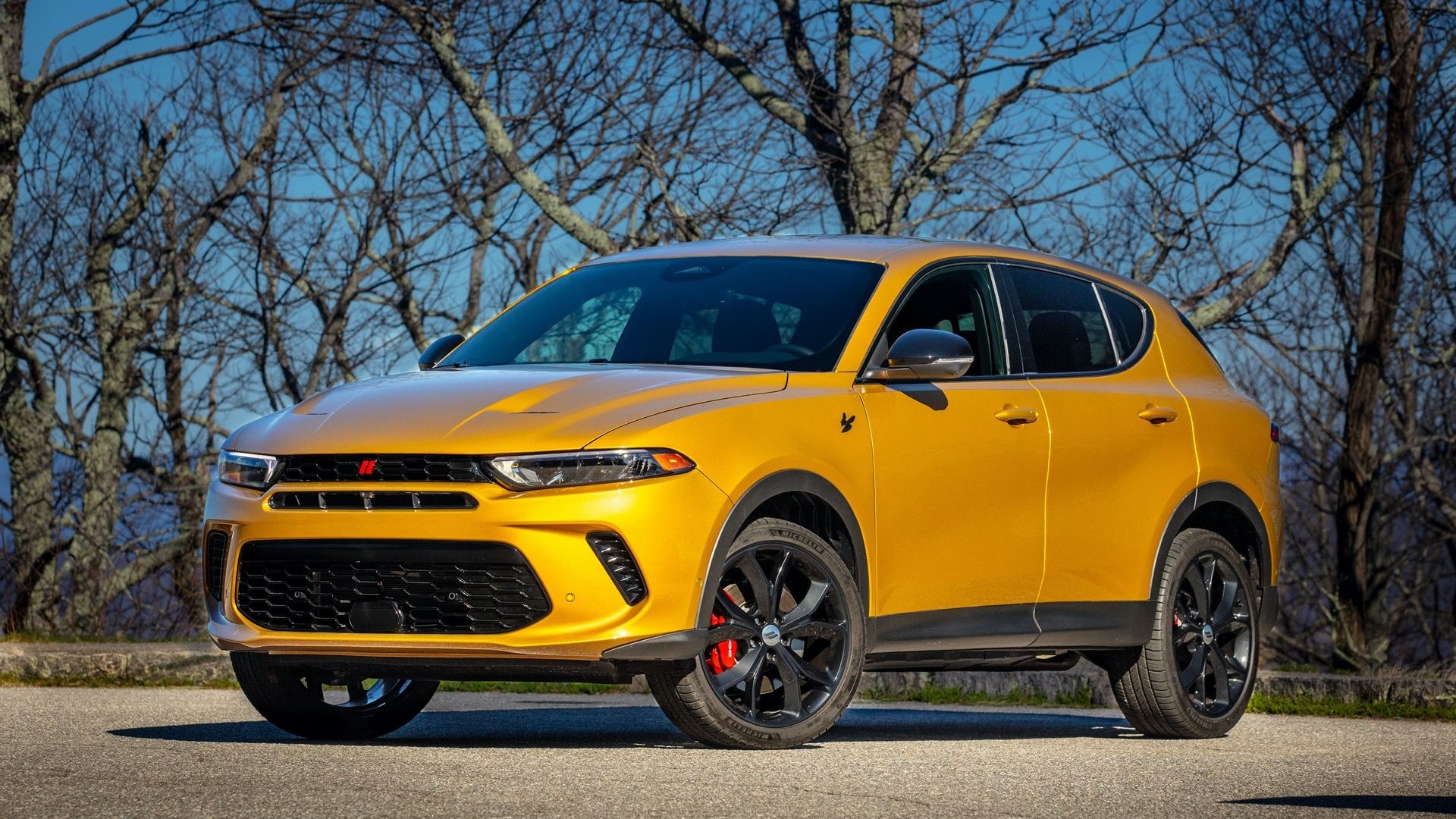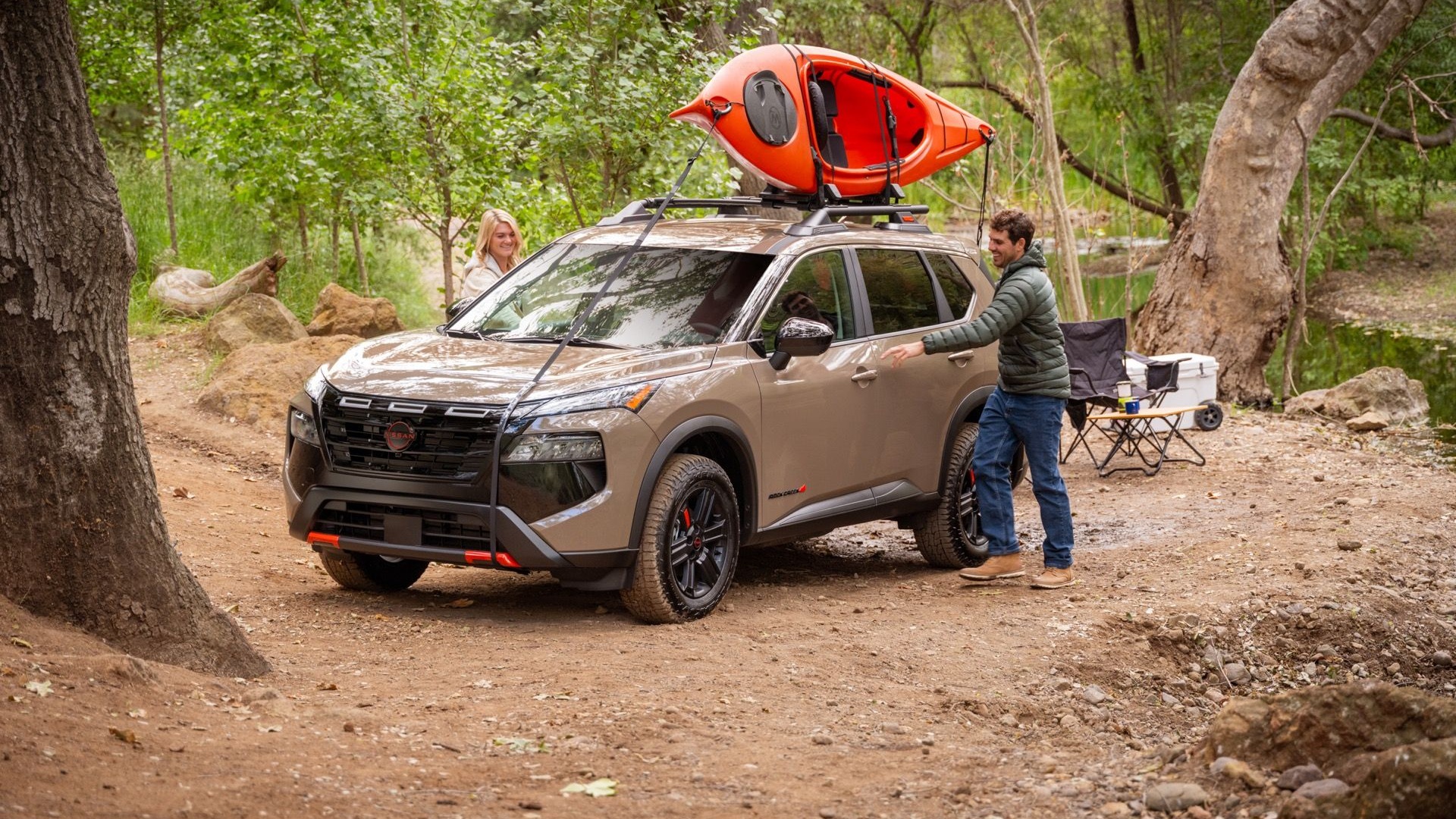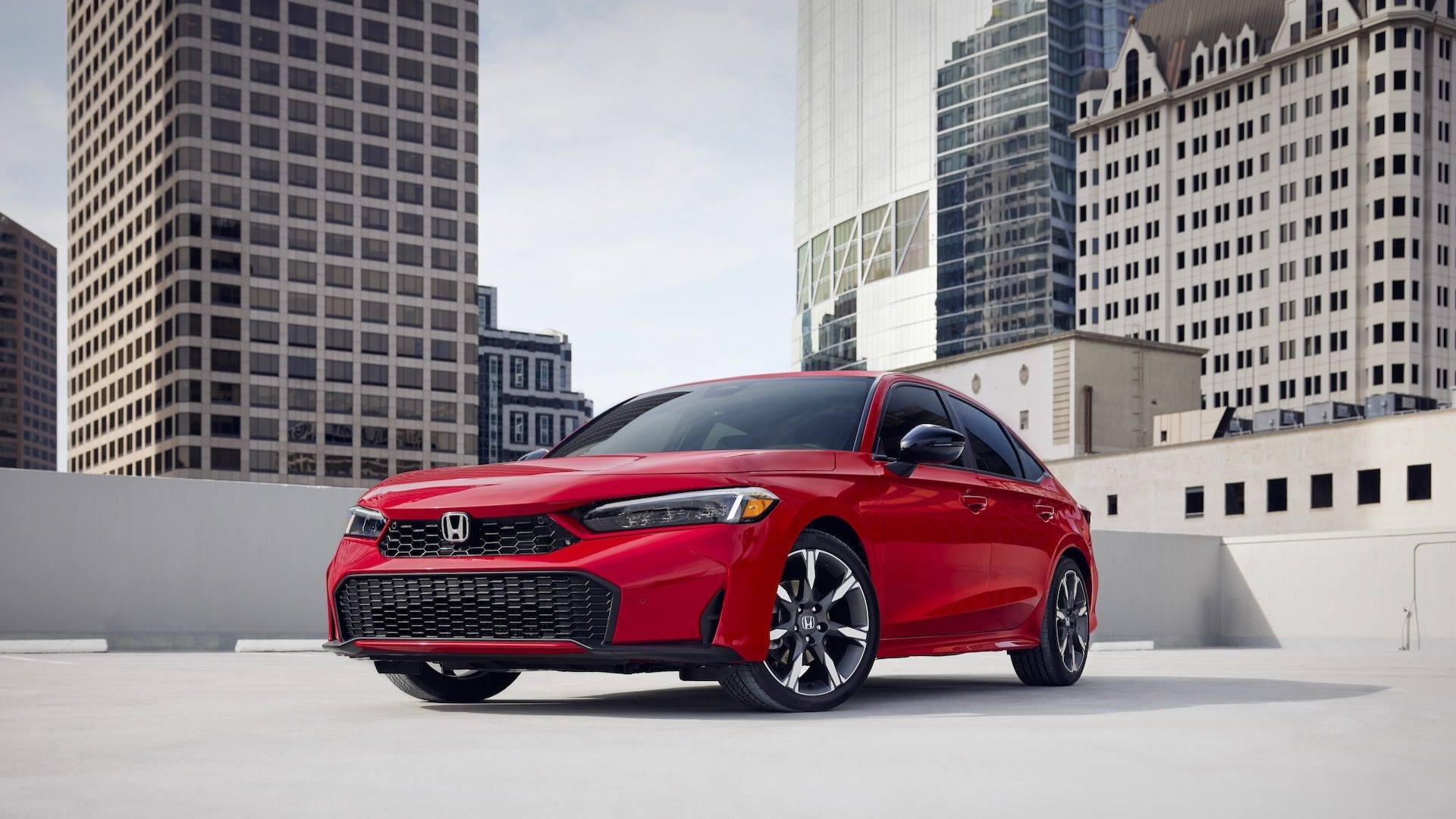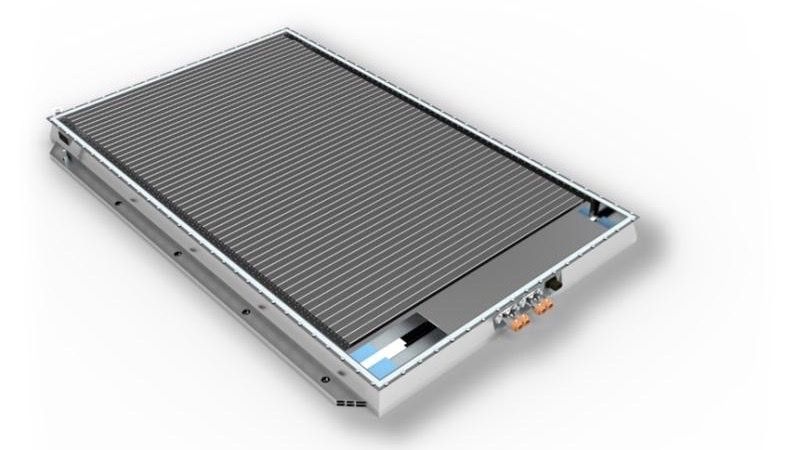Better Place has set the ground work for their vision of the future of EVs. They are currently working on inductive charging, battery swapping stations, pay as you go plans, battery leasing, charging station installation an so on. They believe their view will be adopted by others and have found at least one key supporter with Renault.
With the unveiling of the Renault Fluence ZE EV at the Frankfurt Motor Show, it is now a reality that battery swapping will take place in the near future. Renault promises at least 100,000 Fluence ZE on roadways in the coming years and the vehicle is designed to utilize the Better Place battery swapping system. Fittingly, Better Place had a stand at the show situated right along side Renault.
Though the battery swapping idea has taken some heat from proponents that believe an electrical system simply cannot be designed in a manner that allows it to constantly be removed from and placed into a vehicle without suffering long term durability issues, Better Place assures us that such a system can work.
Better Place expects future EVs to carry a multitude of different battery sizes, shapes and attachment method. According to the company, their system can cope with variations and the swapping station will have the capability to stock an inventory of all types of batteries.
If battery swapping is not the way of the future, Better Place has other ideas. Currently in the works is a method of charging that allows a vehicle to be recharged by simply driving onto a special surface that charges in an inductive manner. No cord required. The system has been shown to work in items like battery powered toothbrushes and cell phones, but cars are a far leap.
From battery concerns to costs, Better Place has an example they would like to see adopted industry wide. Due to the high investment costs of EVs and the expected battery replacement costs, they have developed a pay as you go program that allows buyers to simply pay for the portion of the car they use. If a buyer no longer wants the vehicle after a year or two, they don't pay anymore.
As Better Place said, "As a consumer, I don't want to own something that has a declining lifecycle. I'd rather pay for it on a use-basis. We've completely divorced the cost of the battery from the cost of the vehicle. Better Place will market battery subscriptions akin to wireless plans."
With battery related costs aside, consumers may have more confidence when purchasing EVs. Initially it is expected that buyers of EVs will be fearful of the longevity of a multi-thousand dollar battery. Fear of extraordinary replacement costs could driver potential buyers away. With battery costs eliminated from the equation, potential buyers may be more willing to become early EV adopters.
Every company has their own take on the future of EVs and how the industry will function. Better Place provides but one example of the possible direction the industry will take in the coming years.
Source: Wards Auto (Login required)












